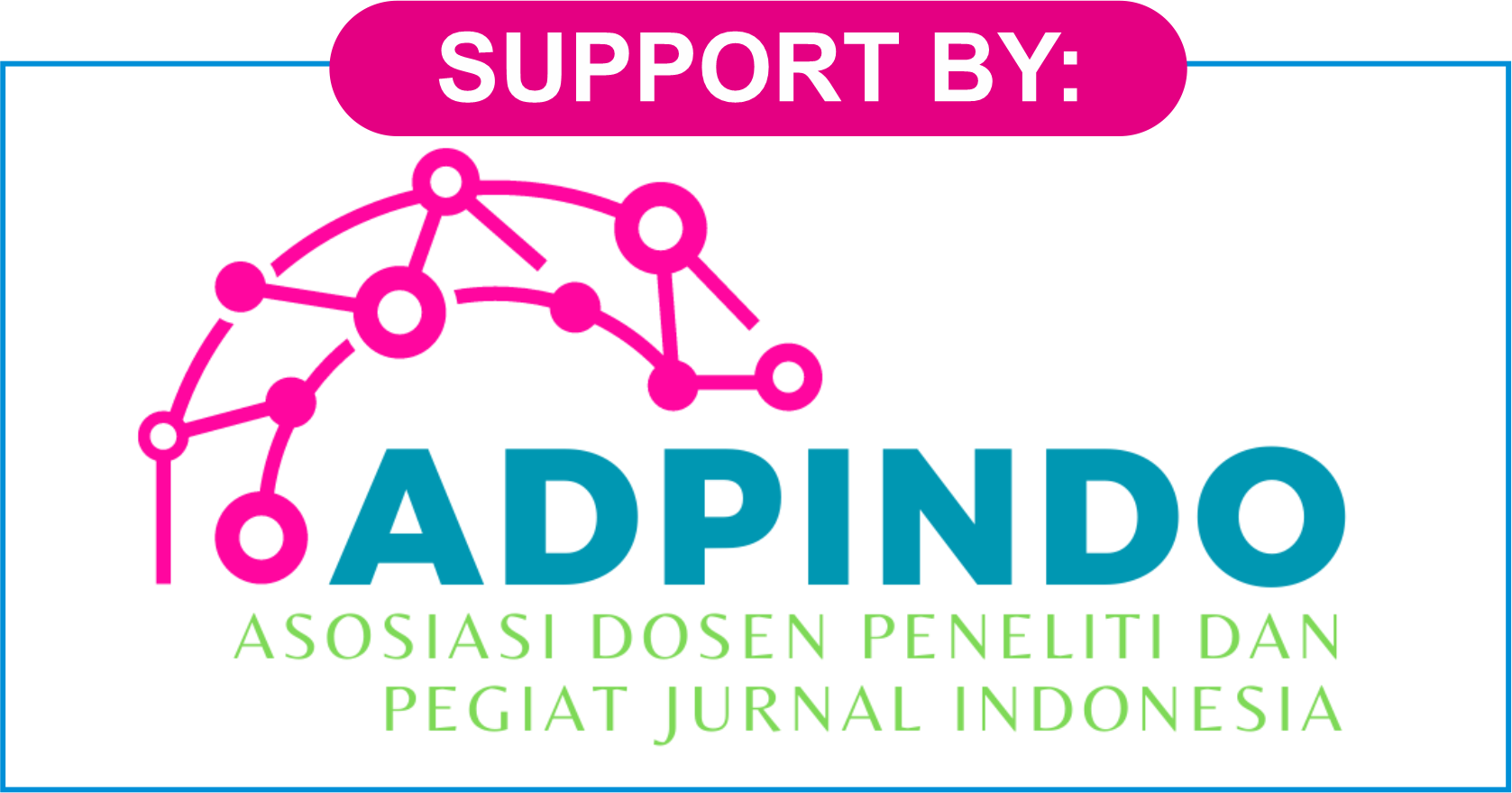EXPLORING CULTURAL, POLITICAL, AND SOCIOECONOMIC INFLUENCES ON COLLECTIVE PSYCHOLOGICAL RESILIENCE IN LIBYA
DOI:
https://doi.org/10.47353/sikontan.v3i4.2784Keywords:
psychological resilience, political instability, socioeconomic challenges, cultural influenceAbstract
This study explores the factors that shape collective psychological resilience in Libya, particularly in the context of the nation’s recent political instability, economic challenges, and complex cultural dynamics. The paper examines how these elements interact to strengthen or undermine community resilience, using a mixed-methods approach. Through qualitative interviews and quantitative data analysis, this research identifies key determinants of psychological resilience, focusing on cultural values, social capital, and economic conditions in Libyan society. Political instability, compounded by a decade of conflict, has forced communities to adapt and develop unique forms of resilience. This study also delves into the role of familial and community structures in coping with adversity, as well as the impact of government policies and foreign influence on the collective psyche of Libyan citizens. The findings suggest that while political and socioeconomic factors have undeniably shaped resilience, cultural influences rooted in communal solidarity and the importance of social support networks have played a central role in fostering psychological resilience. Understanding these complex factors is crucial for designing interventions aimed at improving mental health and social stability in post-conflict societies. The paper concludes with recommendations for policy makers and international organizations seeking to enhance psychological resilience through culturally appropriate and context-sensitive strategies.
Downloads
References
Ager, A., & Strang, A. (2008). Understanding integration: A conceptual framework. Journal of Refugee Studies, 21(2), 166-191. https://doi.org/10.1093/jrs/fen016
Al-Lamki, A. (2019). Social capital and resilience in post-conflict Libya. Libyan Studies Review, 4(1), 20-35.
Beiser, M. (2009). The mental health of refugees and immigrants. Canadian Medical Association Journal, 180(11), 1177-1182. https://doi.org/10.1503/cmaj.090232
Bowlby, J. (1982). Attachment and loss: Volume I. Attachment. Basic Books.
Braun, V., & Clarke, V. (2006). Using thematic analysis in psychology. Qualitative Research in Psychology, 3(2), 77-101. https://doi.org/10.1191/1478088706qp063oa
Caruth, C. (1996). Unclaimed experience: Trauma, narrative, and history. Johns Hopkins University Press.
Campbell, L. (2017). Building community resilience in conflict zones: A review of the role of social networks in post-conflict recovery. International Journal of Peace Studies, 21(2), 125-140.
Dyer, J., & Gunton, B. (2018). Collective resilience in post-conflict societies: An exploration of social capital’s role. Journal of Conflict Resolution, 22(1), 78-98.
Foa, E. B., Keane, T. M., & Friedman, M. J. (2009). Effective treatments for PTSD: Practice guidelines from the International Society for Traumatic Stress Studies. Guilford Press.
Gergen, K. J., McNamee, S., & Barrett, F. J. (2001). Toward transformative dialogue. International Journal of Conflict Management, 12(4), 1-22. https://doi.org/10.1108/eb022830
Hobfoll, S. E. (1989). Conservation of resources: A new attempt at conceptualizing stress. American Psychologist, 44(3), 513-524. https://doi.org/10.1037/0003-066X.44.3.513
Horowitz, M. J. (2001). Psychological assessment of trauma and stress: A clinical approach. Academic Press.
Hunter, L. (2015). Political trauma and resilience: The case of Libya. Middle Eastern Journal of Peace Studies, 30(2), 145-160.
Hough, M., & Dorman, S. (2017). Conflict, culture, and recovery: The challenges of post-conflict mental health care. The Lancet Psychiatry, 4(4), 233-242. https://doi.org/10.1016/S2215-0366(17)30043-6
Jabbar, M. (2018). Local governance and resilience in post-conflict Libya. Journal of Middle Eastern Politics and Policy, 19(4), 435-450.
Koenig, H. G., & Larson, D. B. (2003). The role of religion in mental health and resilience. Psychiatry, 66(3), 119-133.
Kirmayer, L. J., Dandeneau, S., & Marshall, E. (2009). Rethinking resilience from indigenous perspectives. Canadian Journal of Psychiatry, 54(5), 303-313. https://doi.org/10.1177/070674370905400504
Lestari, R. H. S. ., Damayanti, A. K. ., & Masuwd, M. A. . (2025). Optimising Societal Welfare:: The Strategic Role of Maqashid Shariah and Maslahah in Contemporary Islamic Economics and Business. Al-Insyiroh: Jurnal Studi Keislaman, 11(1), 20–40. https://doi.org/10.35309/alinsyiroh.v11i1.363
Lund, C. (2017). Political instability and resilience: Community-led governance in conflict-affected countries. Conflict Studies Quarterly, 11(4), 18-28.
Masyitah, M., Baiti, N., Nisa, U., & Masuwd, M. (2024). Parental Secure Attachment and Child Gender on Early Childhood Social-Emotional Development: A Quantitative Study. AlBanna: Jurnal Pendidikan Islam Anak Usia Dini, 4(2), 88-100. https://doi.org/10.24260/albanna.v4i2.3469
Martin, S. M. (2019). The impact of displacement on collective resilience in Libya: A case study. Journal of Conflict and Refugee Studies, 25(2), 225-237.
O'Donnell, P. (2014). Mental health in post-conflict Libya: Challenges and opportunities. Journal of Libyan Health, 12(3), 190-202.
Post, J. M. (2018). The psychological roots of political violence. Oxford University Press.
Pargament, K. I. (2002). The psychology of religion and coping: Theory, research, and practice. Guilford Press.
Putnam, R. D. (2000). Bowling alone: The collapse and revival of American community. Simon & Schuster.
Rieder, M., & Salzer, M. (2016). Social networks and mental health recovery in conflict-affected areas: The role of communal ties. Journal of Mental Health, 25(4), 381-391.
Ryan, S., & McGee, J. (2017). Collective memory and resilience in post-conflict communities. Journal of Trauma & Dissociation, 18(2), 178-192. https://doi.org/10.1080/15299732.2017.1318235
Seligman, M. E. P., & Csikszentmihalyi, M. (2000). Positive psychology: An introduction. American Psychologist, 55(1), 5-14. https://doi.org/10.1037/0003-066X.55.1.5
Ungar, M. (2011). The social ecology of resilience: A handbook of theory and practice. Springer Science & Business Media.
Zuckerman, M. (1999). Vulnerabilities to psychopathology: A biosocial model. American Psychological Association.
Downloads
Published
How to Cite
Issue
Section
License
Copyright (c) 2025 Mowafg Abrahem Masuwd, Najah Baroud

This work is licensed under a Creative Commons Attribution 4.0 International License.











